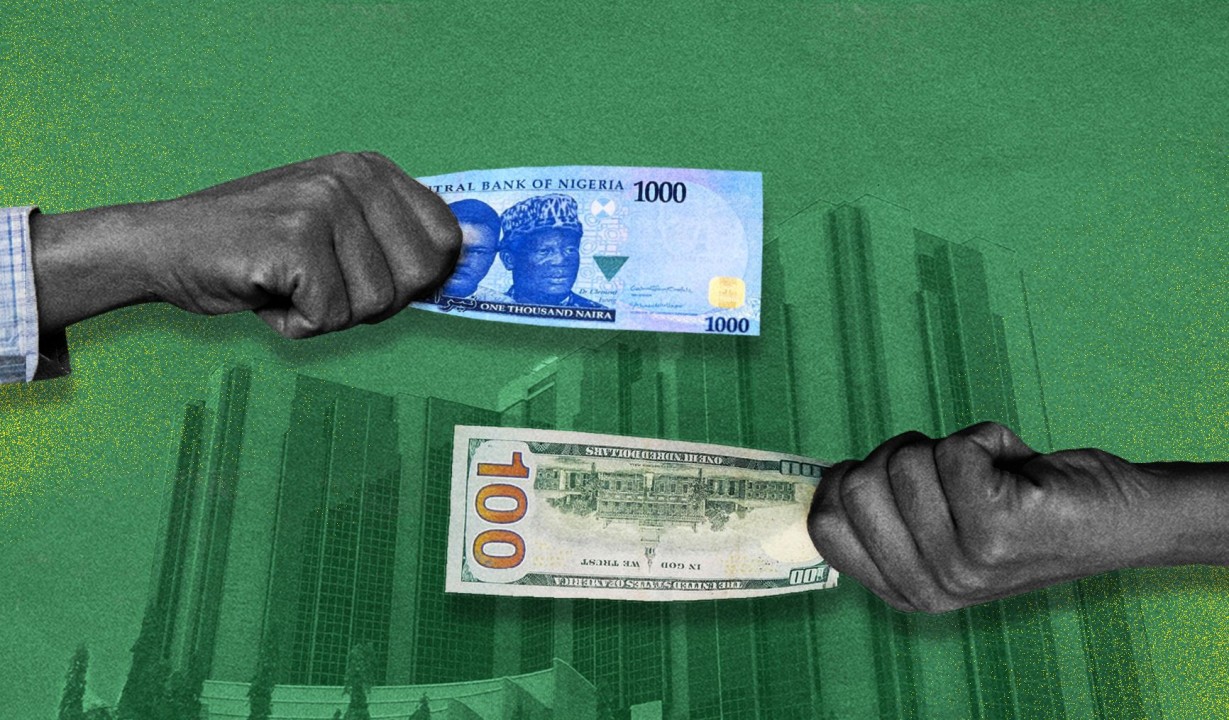The U.S. Federal Reserve slashed its interest rate by 0.5% on Wednesday, kicking off what analysts expect to be a sustained phase of monetary easing.
This deeper reduction in borrowing costs reflects growing concerns over the U.S. job market. In its latest statement, the Federal Open Market Committee (FOMC) voiced optimism that inflation is steadily moving toward its 2% target.
The committee also noted a more balanced risk outlook for achieving both inflation and employment goals, though dissent emerged—Governor Michelle Bowman advocated for a more modest 0.25% cut.
Projections from the Fed indicate further rate reductions, with another 0.5% cut likely by year’s end, a full percentage point drop in 2025, and an additional 0.5% cut by 2026. The federal funds rate is expected to settle between 2.75% and 3.00%, slightly above previous forecasts.
READ ALSO: Naira crisis, controversial fuel prices: Nigerians question FG transparency
Fed Chair Jerome Powell stressed the importance of maintaining a robust labor market while steering inflation toward its 2% goal, noting, “This action underscores our increasing confidence that, with proper adjustments to our policy, the labour market can remain robust while inflation steadily declines toward our 2% target.”
The Fed’s move may influence Nigeria’s Monetary Policy Committee (MPC), which is set to meet next week. With the U.S. lowering borrowing costs, Nigeria could face pressure to follow suit in balancing inflation with economic growth. A weaker dollar might also provide relief to the naira, potentially stabilizing the exchange rate after extended depreciation.
Lower global rates may also attract foreign portfolio investments (FPIs) to Nigeria, boosting its financial markets and spurring economic growth.
However, while benefits like cheaper imports could emerge, Nigerian businesses may face heightened competition from foreign goods, threatening profitability.
Inflation remains a concern, with double-digit imported inflation adding to Nigeria’s economic challenges.

 Entertainment6 days ago
Entertainment6 days ago
 Health1 week ago
Health1 week ago
 Health4 days ago
Health4 days ago
 Football1 week ago
Football1 week ago
 Football1 week ago
Football1 week ago
 Crime4 days ago
Crime4 days ago
 Education6 days ago
Education6 days ago
 Crime1 week ago
Crime1 week ago

